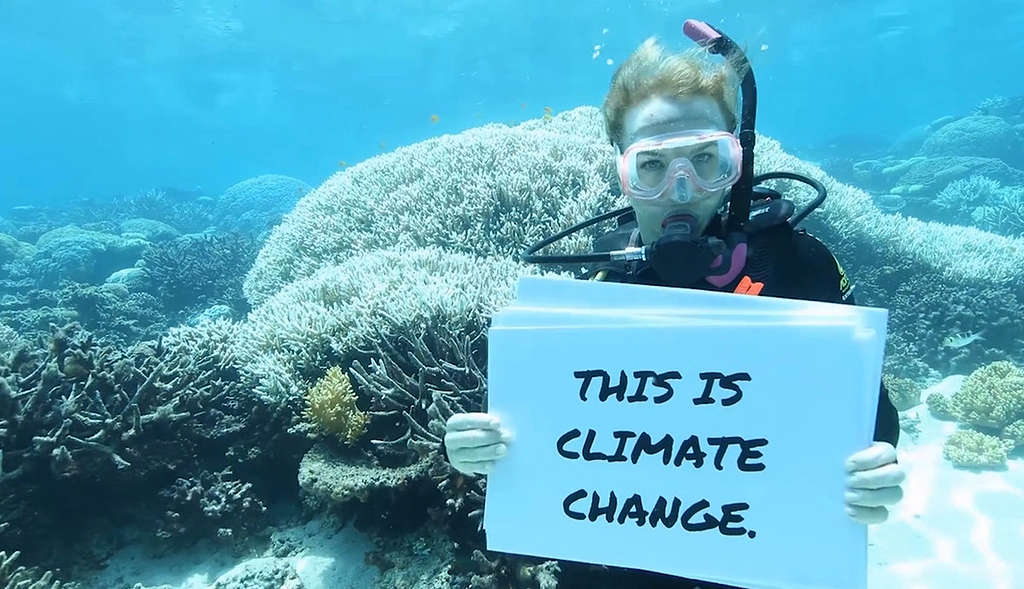2023 is witnessing a new phenomenon in the climate justice movement - the surge of climate justice cases in front of international courts and tribunals. Here is what it means, and why it matters.
Important examples of this trend are the incredible work by the Pacific Island Students fighting Climate Change at the International Court of Justice, along with the Klimaseniorinnen at the European Court of Human Rights. These cases are part of the new developments where international courts and tribunals are set to clarify the obligations of states in the context of climate change and climate emergencies that are impacting communities around the world.

The decisions to come will set crucial precedents for international laws and strategic litigation cases around the world, which are led by those most impacted by climate change vindicating their human rights by taking action. In addition, these decisions will inform obligations of states to protect people from the impacts of climate change and the consequences of breaching those obligations. Greenpeace supports and amplifies communities' demands for justice.
Small island states take the lead
In our latest joint contribution, Greenpeace International and the Center for International Environmental Law (CIEL) submitted an amicus brief to the International Tribunal for the Law of the Sea, also known as ITLOS. This opportunity arose through the efforts of Antigua, Barbuda, Tuvalu, and the Commission of Small Island States on Climate Change (COSIS) and International Law who submitted two questions on climate change to the Tribunal in 2022 related to government obligations to protect the marine environment and climate change.
ITLOS, responsible for enforcing the United Nations Convention on the Law of the Sea (UNCLOS), has agreed to hear the climate change case filed by the 39 member states COSIS. While non-governmental organisations are not invited to formally engage in the process, we believe our voices are crucial to inform the court on critical aspects of the case.
In our submission, we make three key arguments:
- Greenhouse gas emissions are a form of marine pollution and are therefore governable under UNCLOS. These greenhouse gasses are causing damaging effects on the ocean such as heating and ocean acidification, and if not mitigated could cause catastrophic effects on the marine social and ecological systems.
- The Duty to prevent, reduce, and control forms of marine pollution under UNCLOS should be interpreted harmoniously with the best available science and principles of international human rights law and international environmental law. To ensure a comprehensive global regime governing climate change, UNCLOS should be interpreted in light of international human rights and environmental law, such as the United Nation framework Convention on Climate Change, as well as the best available science as stated by the Intergovernmental Panel on Climate Change (IPCC)
- The best available science and principles of international human rights law and international environmental law should guide the scope and content of the duty to prevent, reduce and control pollution of the marine environment in the context of GHG emissions. We argue that the duty to protect and preserve the marine environment under UNCLOS requires States to keep global temperature rise below 1.5°C and to implement adaptation measures, strengthen resilience, and reduce vulnerability to climate impacts.
You can read our amicus, full advice to the court here
Climate hearings in progress
The advisory opinion from ITLOS is proceeding in parallel with other proceedings in international fora, including the Inter-American Court of Human Rights and the International Court of Justice. In addition, we are awaiting the outcome of three climate cases at the European Court on Human Rights that is expected after the third case, Duarte Agostinho v. Portugal and 31 Governments is heard on September 27th this year.
The outcome of the proceedings in the international court and tribunals has the potential to set vital precedents, and we will continue to work tirelessly to shape the outcome to ensure the voices of those impacted by climate change are heard.
Louise Fournier is the Legal counsel, Climate Justice and Liability at Greenpeace International. Erlend Tellnes is a Campaigner, Climate justice and Liability at Greenpeace Nordic. Rosie Rogers is a Senior Campaign Strategist Oceans, Greenpeace International






